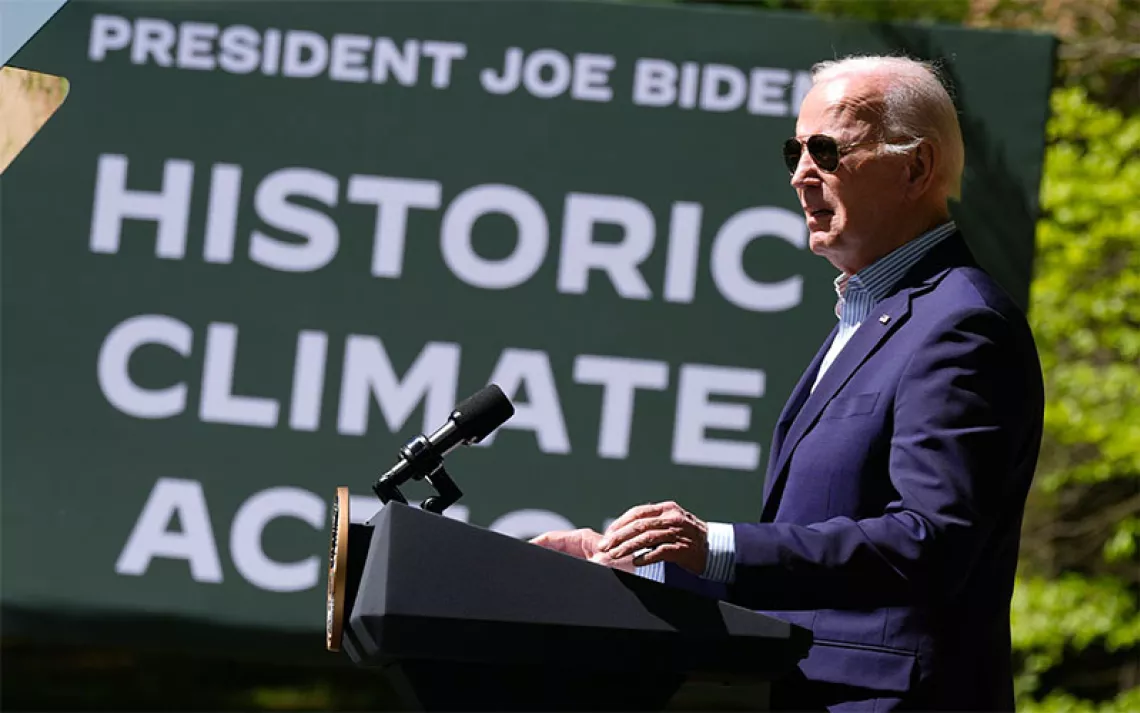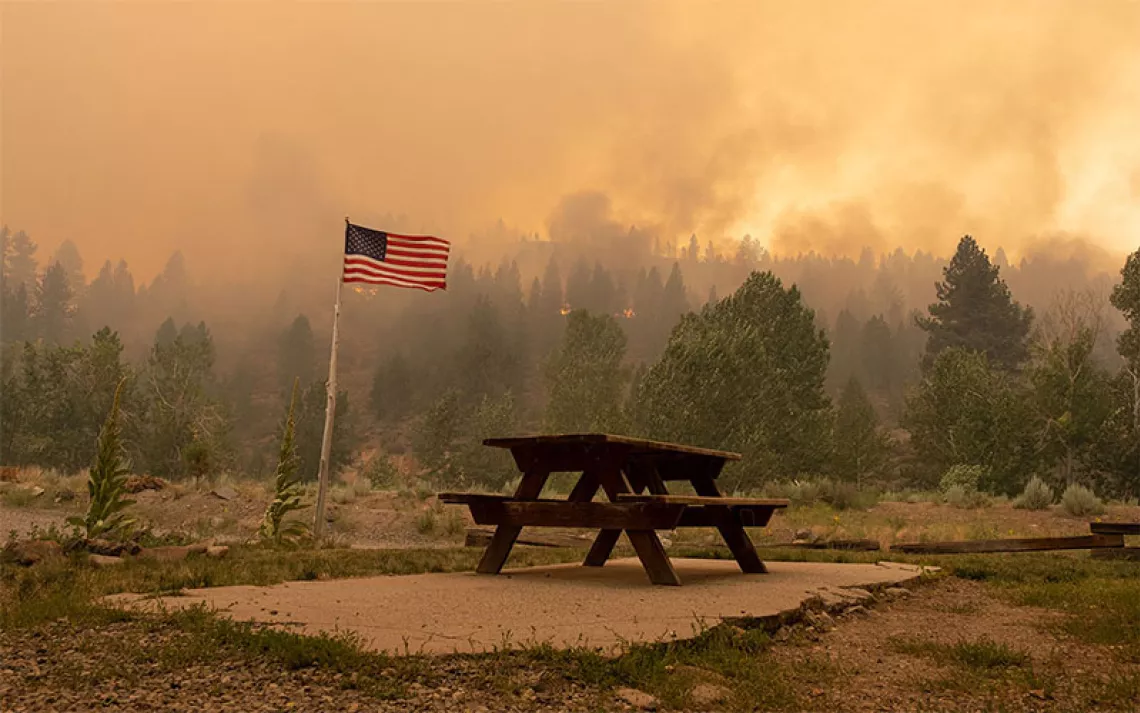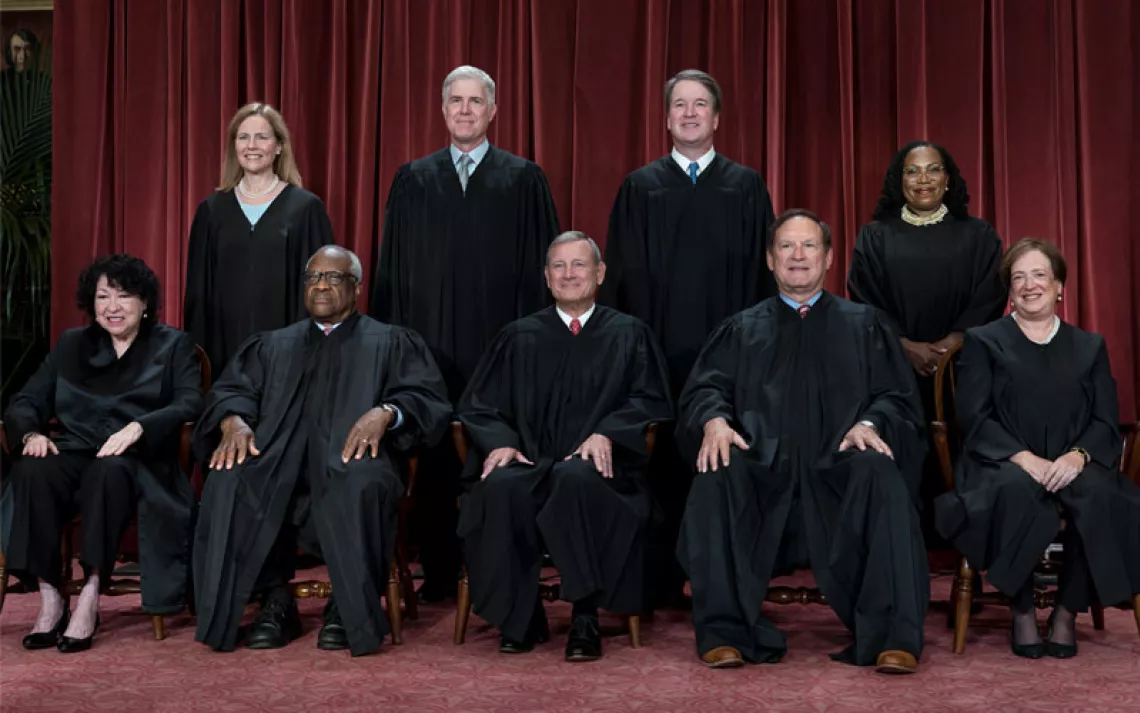America Is No Oil Superpower
It’s OK. We can be super in other ways.

Photo by Pichitstocker/iStock
This morning, Interior Secretary Ryan Zinke announced that over 90 percent of the nation’s outer continental shelf is being considered for auctions for offshore drilling rights, including areas where new drilling has been forbidden for decades, like California and the Atlantic coast. “Under President Trump,” Zinke told Bloomberg, “we are going to become the strongest energy superpower this world has ever known."
First: If you are talking oil, and Zinke is, we’re not going to be the strongest energy superpower this world has ever known. It costs over twice as much for someone drilling in the United States to get a barrel of oil out of the ground compared to someone in Iraq, Iran, and Saudi Arabia, on average, and offshore drilling is a risky business—it takes much longer to pay back the investment on an offshore well than one on land.
These are hard margins to erase, but Zinke can try to make drilling off the coast of the United States a more lucrative business proposition by doing away with environmental regulations and monitoring. The Trump administration has completely eliminated funding for the tiny Chemical Safety Board, which played a critical role in investigating the Deepwater Horizon spill; eliminated safety rules for offshore drilling that were also created in the wake of Deepwater Horizon; suspended a study into how to make offshore drilling safer; and announced that oil, gas, wind, and solar installations will no longer be fined for killing birds. Since the Interior Department oversees offshore oil drilling, you might expect that Zinke would want to go on a hiring spree in anticipation of all this new work, but instead he has told Congress that he plans to cut staffing levels in the department by 8 percent, or 4,000 workers.
Another problem with offshore drilling, economically, is that it threatens other economic drivers, like fishing ($208 billion in sales, provider of 1.6 million full and part-time jobs), tourism, and coastal real estate. California has blocked new offshore oil wells since the 1960s and still manages to be one of the largest economies in the world. Even if offshore drilling causes oil production to rise across the United States, Americans will see less revenue than their counterparts in other countries, since our oil and gas leases deliver some of the lowest revenue to federal governments in the world.
Payouts for damages aren’t great, either. The Deepwater Horizon spill resulted in the largest environmental settlement in U.S. history: $18.7 billion in fines paid out over the next 15 years by BP to the U.S. federal government and to Alabama, Louisiana, Mississippi, Florida, and Texas. According to Antonia Juhasz, an investigative journalist specializing in oil and energy, that $18.7 billion was a bargain—less than half the $43 billion that BP’s own estimates showed. In 2010 alone, the BP oil disaster cost the Gulf of Mexico's commercial fishing industry at least $94.7 million.
All of this may play a role in why even conservatives in coastal states aren’t thrilled about selling leases for every last bit of the nation’s coastline. Rick Scott, Florida’s Republican governor, told the Los Angeles Times that he’d already requested a meeting with Zinke to “discuss the concerns I have with this plan.” The most critical factor will likely be how Congress reacts, but the Interior Department will hold public meetings around the country beginning January 16.
 The Magazine of The Sierra Club
The Magazine of The Sierra Club



